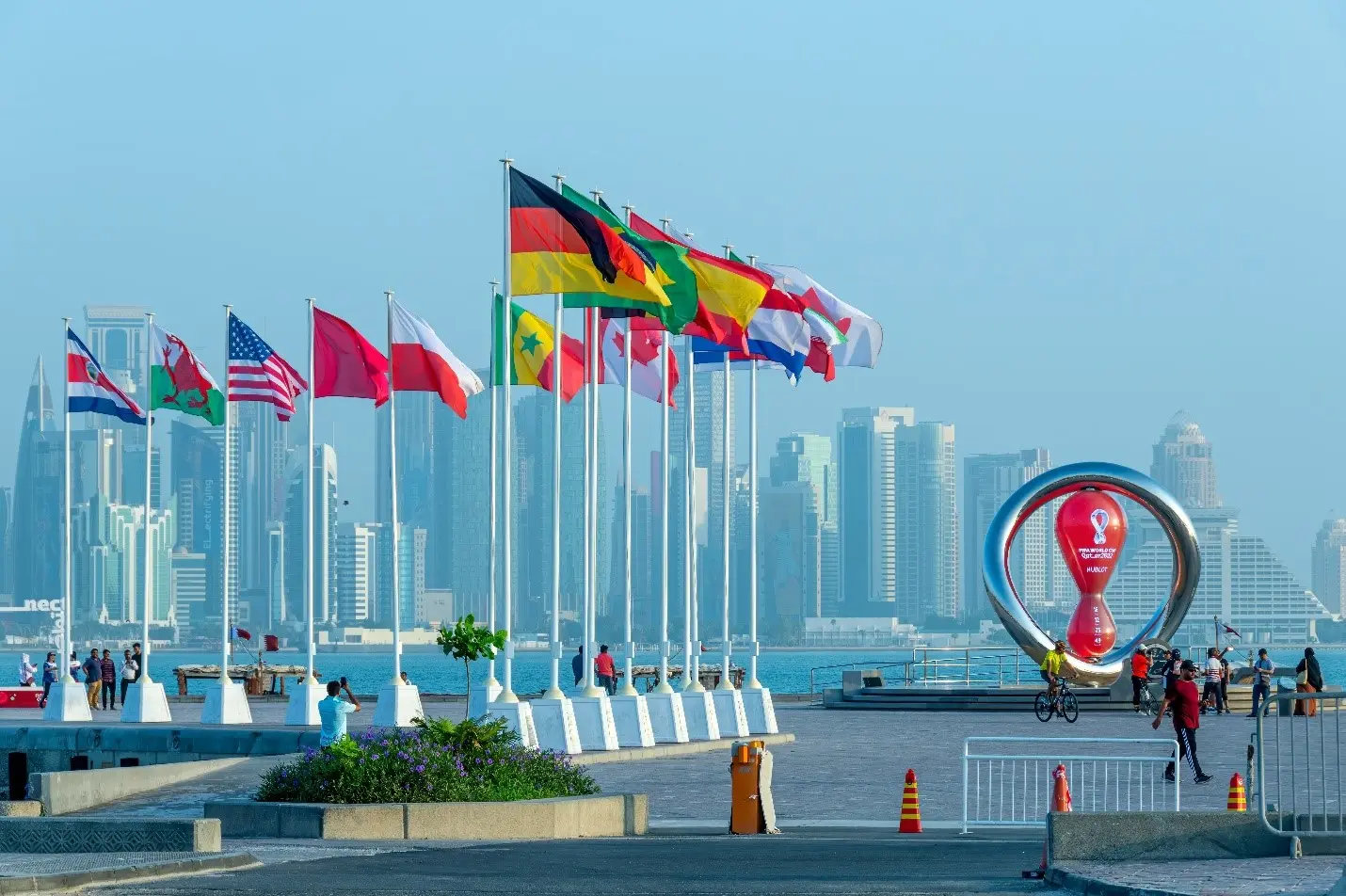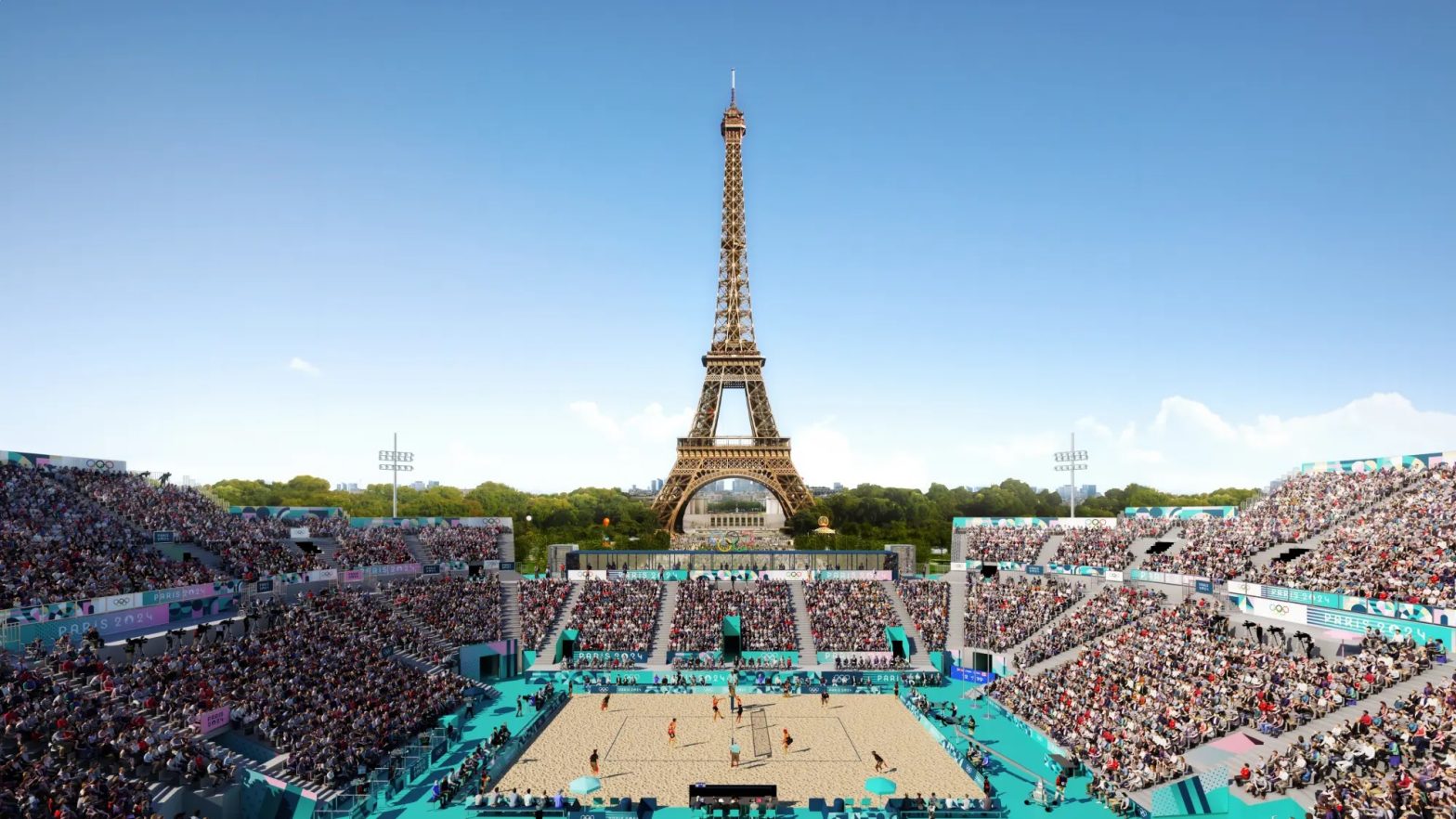Political factors play a pivotal role in determining a country’s ability to host international sports events, influencing decisions on funding, security, diplomatic relations, and public perception. Governments are key players in providing financial support, as hosting requires substantial investments in infrastructure, such as stadiums, transportation, and accommodations. These decisions often weigh the potential economic and reputational benefits, like increased tourism and job creation, against other national priorities, making funding a critical political decision.
Security considerations are another significant political factor. Ensuring the safety of participants and spectators is paramount, and governments must allocate resources to prevent potential threats, such as terrorism or civil unrest. For countries facing internal conflicts, the decision to host can be particularly fraught, as failing to provide a safe environment risks international embarrassment and potential harm to their citizens and visitors.

Diplomatic relations also heavily influence hosting decisions and participation in international events. Historical examples, such as the Cold War boycotts of the Olympics by the United States and the Soviet Union, highlight how strained relations can impact events. Similarly, political statements, such as South Africa’s exclusion due to apartheid, demonstrate how these events can reflect broader international stances and conflicts.
The political climate and international reputation of a host country are also crucial considerations. Nations with poor human rights records or undemocratic practices risk criticism, boycotts, or negative media coverage. For example, Russia’s hosting of the 2014 Sochi Winter Olympics sparked backlash due to its anti-LGBTQ+ laws, illustrating how domestic policies can affect global perceptions.
Finally, the decision to bid for hosting rights is often driven by political motivations. Governments may seek to use these events to boost national pride, showcase their country’s capabilities, or stimulate economic development. However, critics often challenge such decisions, arguing that resources could be better allocated to pressing social needs or highlighting potential social inequalities exacerbated by hosting. These political dynamics underscore the complexity of hosting international sports events.
